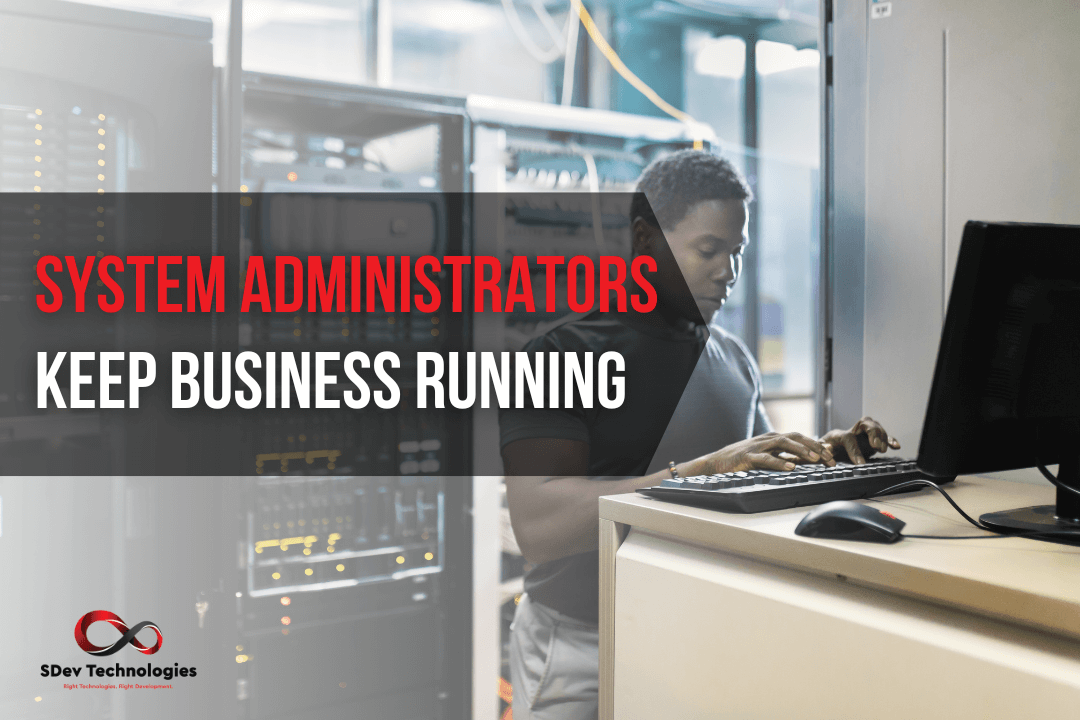Although the speed of change in business and technology is incredibly exciting, it also means that we must all deal with a lot more complexity. Everyone in the company is a decision-maker or assessor when it comes to technology, but when it comes to this matter, system admins are mostly the ones in charge.
Install software/hardware and updates
System admins can acquire install, or upgrade computer components or software/hardware to meet the company’s needs. They must distribute critical updates as quickly as they can to everyone to avoid being exposed to serious security issues or other risks. System administrators ensure that updates are prepared to be released and that everything is operating as intended.
Security and recovery plans
It’s quite challenging for system administrators to keep the system secure from different attacks. They set up the network and make it secure. They also, on the other hand, create passwords that protect our companies. System admins, in addition, are advanced thinkers too they made plans and possible actions to do if ever something went wrong in the future. They can assess the situation and quickly figure out what possible steps should be done.
Troubleshooting
System administrators are also responsible when it comes to problem-solving. They should figure out ideas on how to resolve certain conflicts or issues related to computer software or hardware systems. System admins use a logical and methodological approach to problem-solving which is vital to a successful resolution.
Monitor and Alert
System administrators set up alerts to notify them when something goes wrong and make sure the servers are operating at maximum efficiency. Without this monitoring, a server could crash, denying you access to every file you require. Even though most businesses have backups, it’s crucial to recognize when something isn’t functioning properly and correct it before it fully breaks.







